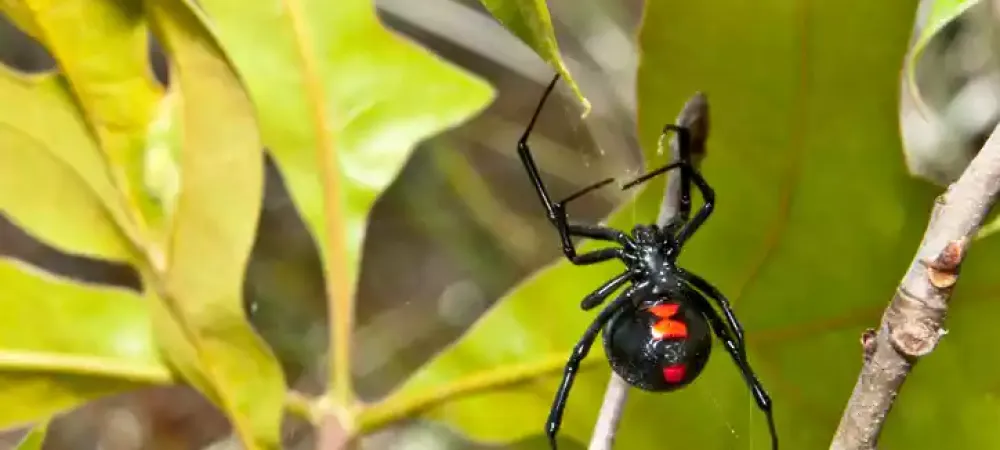Your Guide To Spooky Spider Control

The Spider: Friend or Foe?
The spooky season is upon us and ahead of the ghosts, ghouls, and creepy crawlers coming out to play, the Cross Pest Control of Tampa experts are here to teach you all about these 8-legged creatures and how to keep them out of your home.
Whether you live in fear of them or you’re the designated spider-killer of the home, spiders can be a nuisance to any household. While many of them are harmless to humans, their sticky, tangled webs are unsightly and can turn your home into a haunted house!
Let’s take a look at some of the arachnids that are commonly found in or around your home, identify which are harmless and which to avoid, and how you can keep them out of the house.
Keeping Spiders Out!
Once they’ve found a comfortable place to live, spiders are not going to go away on their own! The best way to get rid of an infestation is to call your pest control team at Cross Pest Control of Tampa. We’ll provide you with an effective spidey-solution. Until we arrive, however, here are some spider control tactics you can try on your own:
- Properly seal around windows and doors.
- Spray peppermint extract or diluted vinegar throughout the home, spiders don’t love their strong smells.
- Clean low-traffic areas like closets and under the beds.
- Wash your produce, a spider friend may have stowed away.
Black Widows
We’ll start with one of the more dangerous species, the Black Widow. Just like the superhero, these spiders are pretty hardcore. Females are larger with black bodies marked with a bright red hourglass shape on their underbelly and additional markings on their backs. The males are smaller and lighter in color.
They’ll be found lurking in dry and dark areas like barns, garages, trash cans, hollow tree stumps, and brush. So when you’re searching for the Halloween decorations in the garage, keep an eye out for these very real spiders.
Their bite is rarely fatal to humans, though they are considered the most venomous spiders in North America. If you’re bitten by a Black Widow, be sure to seek medical attention immediately.
Wolf Spiders
The name wolf spider encompasses many different varieties within the species. Their hairy bodies can be brown, grey, black, or tan and often have dark, stripe-like markings. Their color helps with camouflage as these are not web-building spiders. Instead, they create burrows and attack as prey passes by.
Speaking of prey, a wolf spider is likely to only bite a human if they feel threatened. If you are bitten by a wolf spider, you might experience a little redness or swelling around the area but nothing worth a trip to the hospital.
In typical spider fashion, they enjoy setting up camp in dark, dry places like an open field, in a pile of wood outside, in light sockets, or other cracks and crevices in the home. Since they don’t build webs, they are likely to stay close to the ground to catch any meandering insects as they crawl by.
Brown Recluse Spiders
Another spider to look out for is the brown recluse spider. Their yellow-gray or black bodies have a violin-shaped pattern on their back and gray hair covering their abdomen. Their very long legs are darker than their bodies and they have three pairs of eyes.
Now that we’ve set up that pretty picture of a Brown Recluse for you, let's learn where they like to lurk. These spiders avoid light and are one of only a few species that can survive permanently in a home without having to venture back out into nature. They will set up camp in dark corners, boxes, and closets waiting for you to come by for a trick-or-treat.
And their bites certainly are a trick. They will only bite when disturbed; however, when they do bite, you’re likely to see a bruise or blister form around the area if you are bitten. Seek medical attention as soon as possible. While the bite is rarely fatal, a doctor will need to determine proper treatment and care.

